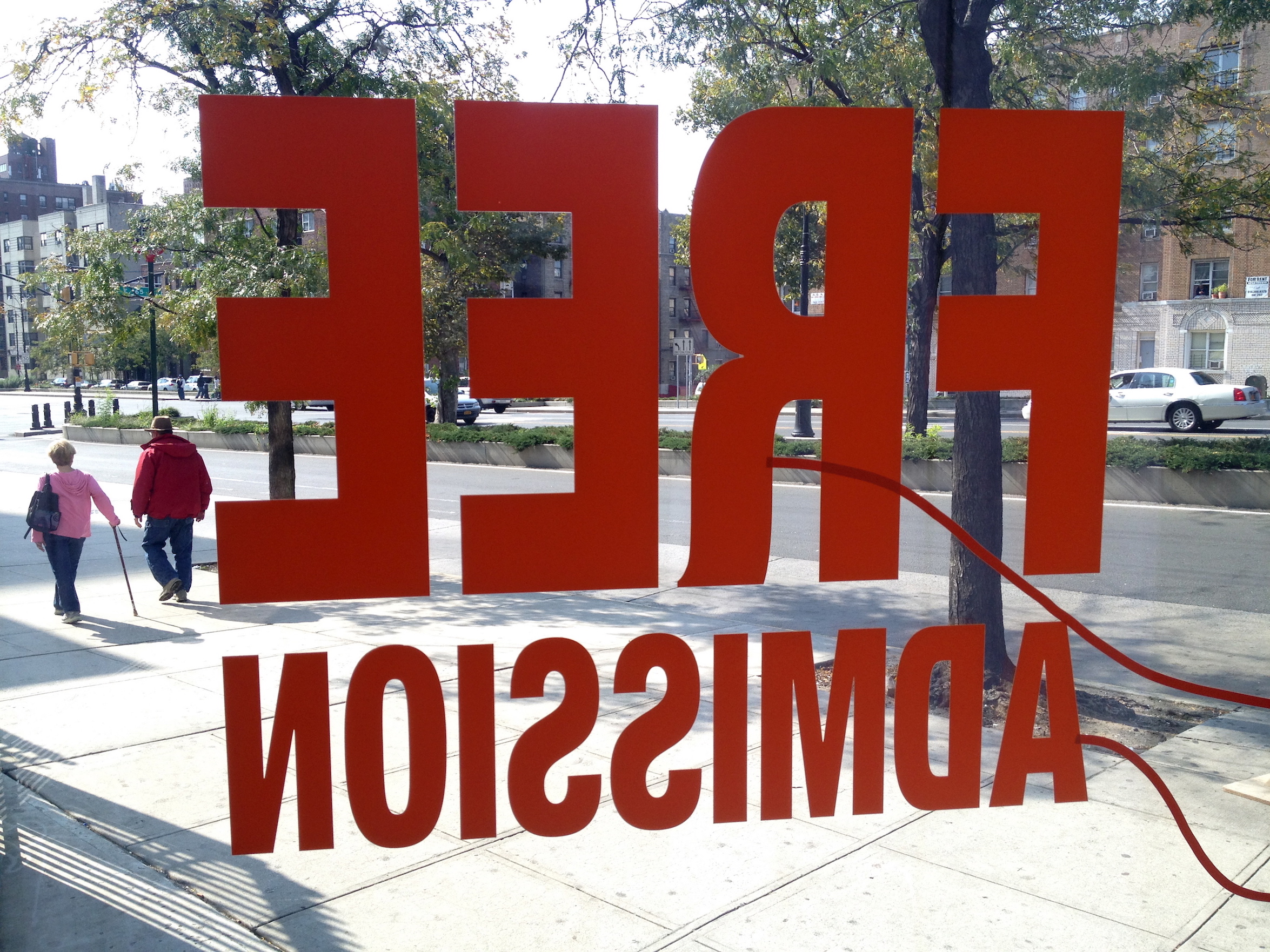Last month, I read frighteningly insightful analysis “How the Internet Killed Profit“. Ah yeah. Facilitated in part by the Google free economy, many things that were profitable suddenly aren’t. There’s little financial gain giving away valuable content. Free isn’t necessarily bad, just a myth—the great Internet lie that reinforces the justification no one needs to pay for anything.
But as I explained five years ago in post “The Problem with Free“: “Free and the Internet go oddly together, and not necessarily well together…People will pay for anything for which there is perceived or actual value. Free is an acceptable price when there is perceived or actual value”. Pay or free are the same because value matters more. The 2009 analysis responded to Chris Anderson’s assertion that on the Internet “free really can be free”. He is misguided.
Profit Center
As an online content creator constantly complaining about the Google free economy, one portion of Tom Goodwin’s Profit analysis zings:
In a world where we don’t pay with our money, it’s assumed we can pay with our attention, and thus 80 percent of apps and most of the news and music industry is now focused on advertising as their primary funding principle. But the unspoken killer problems of ad funding are that digital ads don’t seem to work—their performance is declining, and the value of each ad is getting lower. While Facebook, the poster child of success, is worth over $190 billion, its revenue would place it well out of the top 1,000 companies. In a year, for all the value it provides, it extracts less than $10 per user per year. By contrast, the much-maligned AOL manages to make double this amount per month from their remaining dial-up subscribers.
The simple fact remains that few companies—in fact just one company ever, Google—has made an amount of money remotely exciting to those with a grasp of real-world economics. Newspapers may be creating more content for more people than ever, but the loss of advertising and subscription revenue is three times greater than what they make online as a replacement. As contrary as it seems given the optimism, the advertiser-funded Internet isn’t working and that won’t change soon.
I dedicate a sizable chunk of my ebook Responsible Reporting: Field Guide for Bloggers, Journalists and Other Online News Gatherers to the myth that online content can be free supported by advertising. It cannot:
The Fourth Estate is collateral damage of the Google ‘free economy’—that is giving away valuable content subsidized by online advertising to get high search ranking. Problem: There is too much content, and too much of it alike, for ads to financially support. Excessive ad space means lower page rates and greater competition for advertisers.
Strange Value
The book puts hard numbers behind this assertion, which should be obvious to anyone willing to see. More:
Media, whether established or new, is bound to the Google free economy, from which search dependence is inescapable. The company’s business model is insidious and fundamentally undermines the quality of news reporting everywhere. Let’s italicize. Google is a leech that feeds off the intellectual property of legitimate content producers. The search giant profits from your good work, reducing its value in the process. Stated differently, ‘You create it, we sell it, and you must give it away for free’. How convenient that Google assigns such value, free, to someone else’s good work, while producing little content of its own.
Another book excerpt:
The Google free economy casts dark shadows across the news landscape, as advertising revenues per website recede, and the amount of free content increases. Reporting standards weaken in pursuit of pageviews and higher search ranking. So-called linkbaiting and news aggregation lead writers to stray. Rampant rumormongering replaces factual reporting. Tech industry coverage is a glaring example of rumor too often masquerading as news. It’s a bloodbath; accuracy is the murder victim and readers are the wonted next of kin.
Profit should never be the motivation behind news reporting. Ever. The Fourth Estate serves the public trust, which rewards with payments. But the illusion of free, bad reporting practices chasing ad-supported pageviews, and overwhelming amount of similar content—much of it plagiarized through aggregation—diminishes content’s value to near nothing. No wonder free is the expected cost.
Photo Credit: Jason Eppink
